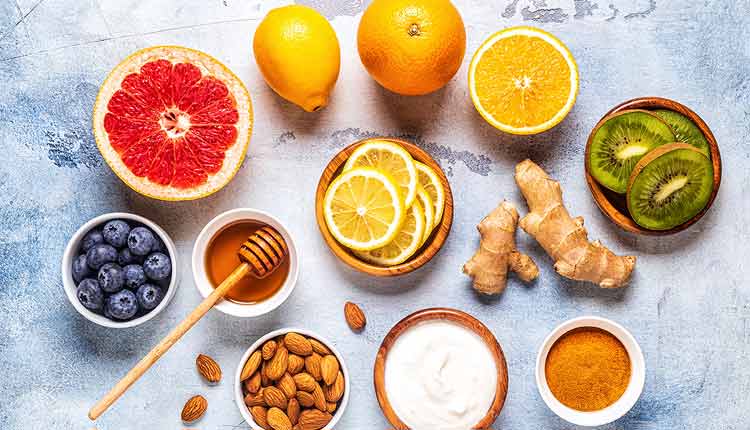
Photo: Getty Images
Ditching sugary drinks is a smart move for your health, not to mention your waistline—an average can of soda packs in about 150 calories and 39 grams of sugar (that’s over 9 teaspoons). Switching to diet may not help your calorie-cutting efforts much, though: A new study suggests that at the end of the day, you’ll probably still consume the same number of total calories overall.
Scientists are still learning exactly how are bodies and brains react to calorie-free sweeteners. To test the effects of different different sweeteners on processes like appetite and blood sugar, scientists from Singapore conducted a small study involving 30 young men.
On each day of the experiment, the men were served breakfast and, a few hours later, given a beverage to tide them over until their next meal. The beverages were sweetened with either sugar, the artificial sweetener aspartame, the plant-based sweetener Stevia, or a sweetener derived from the monk fruit plant.
The trial had a randomized, crossover design, meaning that each participant was given a different beverage on each of the four study days. At lunch, the men were told to eat until they felt full. Then they took home food journals, to record what they ate for the rest of the day.
The study’s results were surprising. Even though the sugar-sweetened beverage contained about 250 calories (65 grams of sugar, about what’s in a 20-ounce soda or juice) and the others were calorie-free, that didn’t affect the total number of calories the men consumed all day long.
It turns out men who had zero-calorie drinks ate slightly more at lunch than those who’d had a sugar-sweetened one. This balanced out their total energy intake, so that when daily calorie counts were grouped by beverage, they all averaged about 2,300. (How much the men ate the rest of the day, after they left the study site, didn’t seem to be affected by which drink they had.)
“The energy ‘saved’ from replacing sugar with non-nutritive sweetener was fully compensated for at subsequent meals,” said lead author Siew Ling Tey, a former research fellow at Singapore’s Agency for Science, Technology, and Research, in a press release.
It’s also worth noting that the “diet” drinkers did not indulge to excess. While they did report feeling slightly hungrier before lunch than those who drank the sugary drink, they only ate enough extra to make up for the drink’s lack of calories—and they didn’t keep overeating for the rest of the day.
The researchers also took blood samples before and after lunch to test participants’ blood glucose and insulin responses. While the sugar-sweetened beverage led to larger spikes in both measures within an hour after drinking it, those who drank the calorie-free beverage experienced larger spikes after lunch. Over the entire three-hour testing period, total glucose change was about the same for all four beverages.
The results were published in the International Journal of Obesity. The authors note that their findings may appear to contradict a recent review in which swapping sugary drinks for artificially sweetened ones did lead people to consume less calories overall, and lose weight, over time.
But both studies can agree on one thing: that using calorie-free sweeteners didn’t lead to over-consumption—at least not over the person’s normal calorie amount. And, the authors write, if people switch from sugar to calorie-free alternatives without adjusting their eating behavior to compensate (consciously or subconsciously), it is likely they’d reduce their calorie intake, and may eventually lose weight.
Their findings show that this may be easier said than done, however, and may involve paying closer attention to meal choices, portion sizes, and snacking behaviors. Keep that in mind next time you’re looking for something to quench your thirst. And remember, there’s always water or unsweetened tea—natural, healthy hydration choices that won’t add calories or mess with your mind.
[“source-ndtv”]









